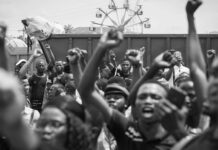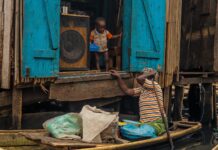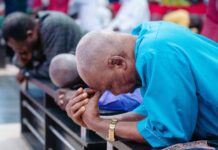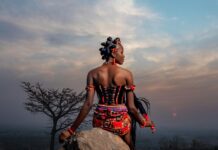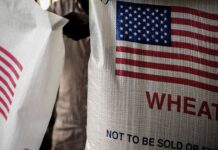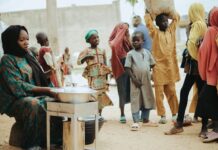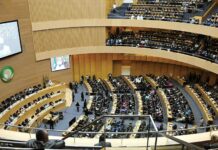A recent coup attempt in the Democratic Republic of the Congo (DRC) brought to bear much of the burden born by African nations due to the presence of natural resources. Moreover, it has highlighted the current political instability in numerous African countries.
On the 19th of May, an attempted coup took place with the DRC. The coup plotters had targeted the Presidential Palace and the home of the DRC’s economic minister, Vital Kamerhe. The coup, which oddly enough involved the inclusion of American citizens, had seen heavily armed fighters who took part in an intense stand-off with security officials.
The coup had been led by the self-exiled opposition leader Christian Malanga. During the coup, he had posted a video on social media threatening the current DRC president Félix Tshisekedi. Christian Malanga would however be killed, alongside two other coup plotters, according to the Associated Press.

The DRC’s Resource Curse
The DRC, like many African countries, is a very resource rich nation. Unfortunately, like in many African nations, this presence of natural resources has brought about some negative impacts, rather then just aiding in the development of the country. So much so that, the DRC is now known as one of the most dangerous and unstable countries in the world.
The significant wealth generated from extracting these resources has led to intense competition for these minerals. Consequently, militias have emerged across the country, seeking to exploit the situation and amass wealth for themselves.
As a consequence of these battles with armed groups, the central government has lost control over large swaths of territory in the country. Meaning there are numerous regions around the country without any real central government presence at all, where armed groups have total control.
The fighting between armed groups and government forces can often be brutal, leading to numerous casualties among soldiers and civilians. The lack of order has also meant that vulnerable civilians have been at the mercy of armed groups, to things like forced labour, sexual violence, etc.
Another major consequence of the presence of natural resources have been the exploitative measures taken to extract these resources. There have been numerous reports of child labour being used to extract resources.
Ethnic tensions within the DRC
As if the situation isn’t bad enough, it wouldn’t be a truly African phenomenon without sprinkling some ethnic violence into the equation. Like many other African countries, the DRC’s borders had been established during the colonial era. These borders don’t account for cultural, religious, or linguistic differences between tribes within the DRC. These differences have led to numerous wars within the DRC among separatist factions seeking to establish their own separate states.
Foreign influence
Another major obstacle towards peace in the region is the presence of foreign influences within the Democratic Republic of Congo. As rare earth minerals have become increasingly important in the green energy transition, the DRC has become a significant source of those minerals, which has attracted the interest of international superpowers. Likewise, many of the armed groups operating within the DRC have been alleged to receive funding from foreign donors, seeking to exploit the DRC’s minerals.
One of the most notable examples of this is the M23 rebel group operating in the eastern DRC. A UN report alleges that it had been created and commanded by Rwanda. The group has been accused by rights groups such as Human Rights Watch of taking part in unlawful killings, rapes, and other war crimes.
The resource curse is real
Like in many other African countries, the presence of natural resources has been more of a burden than a blessing for the people of the Democratic Republic of Congo. Perhaps unlike in other countries on the continent, its destabilising presence has been much more acute in the DRC.
The lack of stability faced by the DRC serves as an example of the disastrous consequences greed and foreign influences can have in Africa. This level of instability is not some far off foreign phenomenon that we are detached from, rather, it is a reality that can arise in any of our countries.
The resource curse is very much real, and we see the consequences of it all around the African continent. Whether it be the conflicts it brings or the corruption it enables, the abundance of natural resources has brought many things, except prosperity for Africans. The only good it has brought, is to the people willing to do whatever it takes to get ahead, whether it involves stealing or even killing to get ahead. With most Africans bearing the brunt of the suffering as a result.



